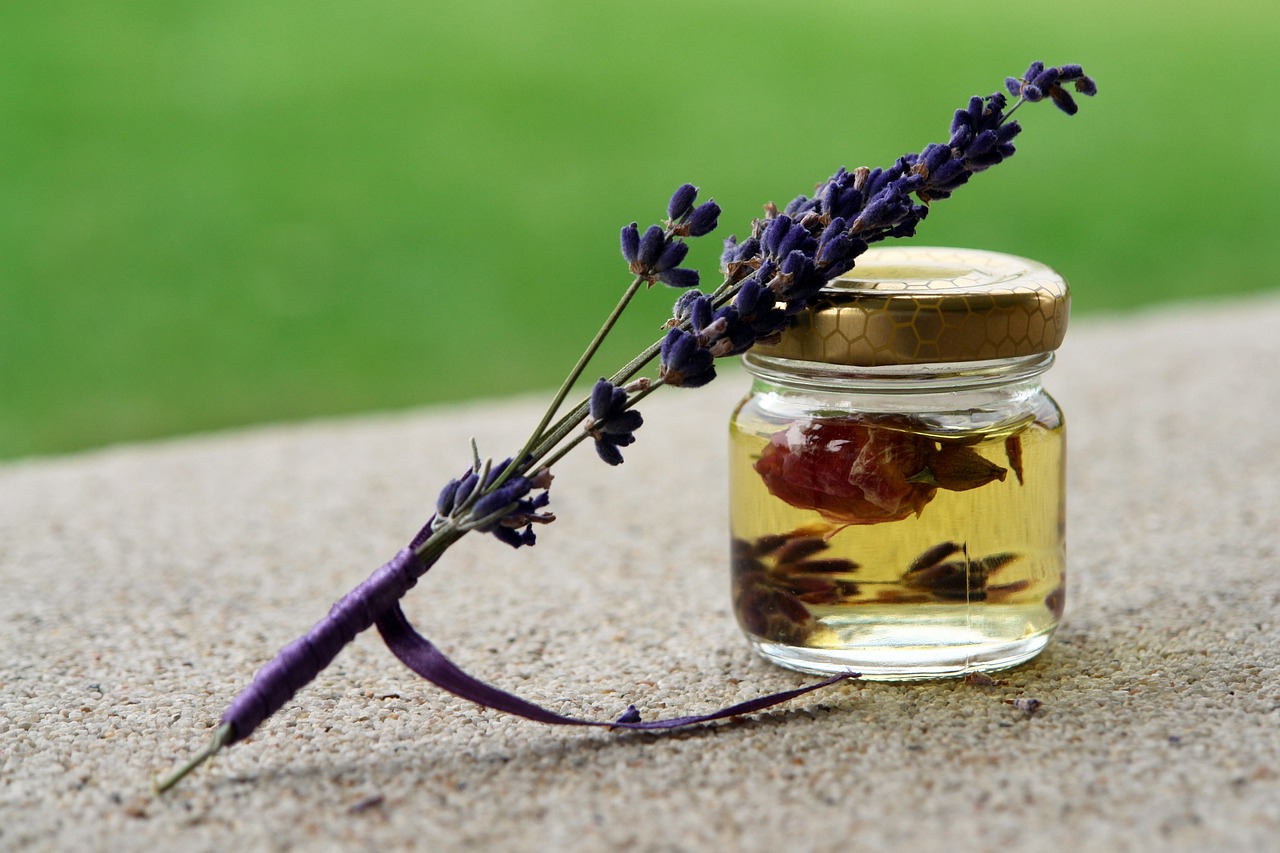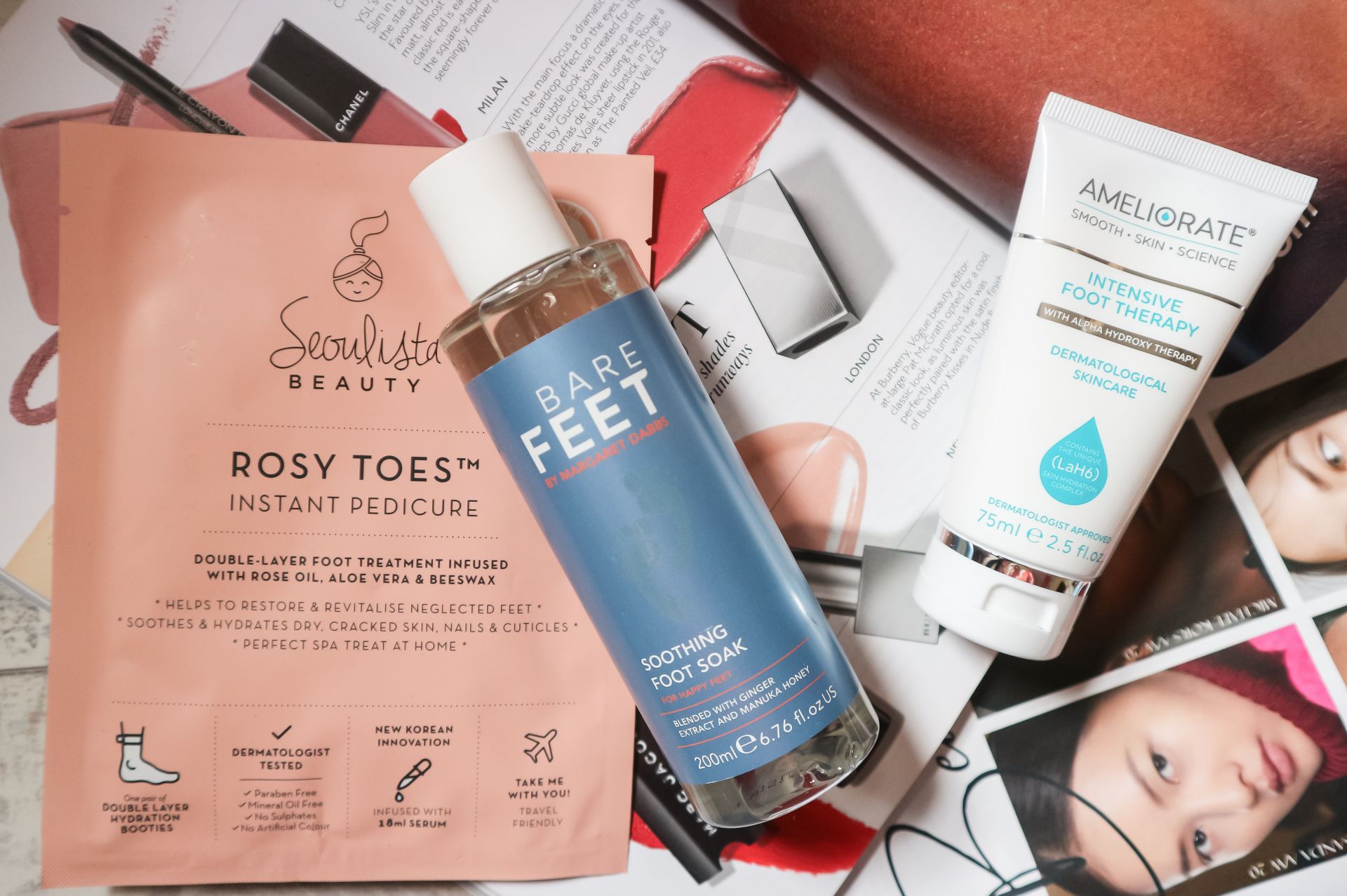For centuries, herbal remedies have been a cornerstone of healing traditions worldwide. From ancient Ayurvedic practices to Native American herbalism, plants like turmeric, echinacea, and ginger have been used to treat ailments, boost immunity, and promote wellness. But in today’s world of modern medicine, many people wonder: Do herbal remedies work? Are they backed by science, or is their popularity just a trend? In this deep dive, we’ll explore the effectiveness of herbal treatments, their potential herbal medicine benefits, and how they stack up against conventional medicine.
The Rise of Herbal Medicine: A Return to Nature
In recent years, there’s been a surge in interest in natural remedies for health. Nearly 80% of the global population uses herbal medicine for some aspect of primary health care, according to the World Health Organization (WHO). This shift is driven by a growing distrust of synthetic drugs, a desire for holistic wellness, and the appeal of plant-based solutions. But does this mean herbs are always safe and effective? Let’s unpack science.
Herbal Medicine Benefits: What Can Plants Really Do?
Herbal remedies offer a range of potential benefits, but their effectiveness depends on the plant, preparation, and individual needs. Here’s a look at common herbal medicine benefits:
1. Natural and Holistic Approach
Herbs often work synergistically with the body, addressing root causes rather than just symptoms. For example:
- Turmeric contains curcumin, a compound with anti-inflammatory properties that may ease arthritis pain.
- Ashwagandha, an adaptogen, helps reduce stress by balancing cortisol levels.
2. Fewer Side Effects (When Used Correctly)
Unlike many pharmaceuticals, herbs typically have milder side effects. Chamomile tea, for instance, is gentle enough for most people to use as a sleep aid or digestive relaxant.
3. Accessibility and Affordability
Many herbs grow abundantly or are available as affordable supplements, making them accessible to those without insurance or in remote areas.
The Science Behind Herbal Medicine: What Research Says
While anecdotes about herbal remedies abound, scientific evidence varies. Let’s examine the effectiveness of herbal treatments through a research lens:
Top Herbs with Proven Benefits
- Echinacea:
- Use: Boosts immune function and shortens cold duration.
- Evidence: A 2015 meta-analysis found echinacea reduces cold risk by 35%.
- Ginger:
- Use: Relieves nausea (especially pregnancy-related) and aids digestion.
- Evidence: Studies confirm ginger’s antiemetic properties rival some prescription drugs.
- St. John’s Wort:
- Use: Treats mild to moderate depression.
- Evidence: Shown to be as effective as SSRIs in some trials, but interacts with medications.
- Garlic:
- Use: Lowers blood pressure and cholesterol.
- Evidence: A 2019 review linked garlic supplements to a 10% reduction in LDL cholesterol.
Limitations of Herbal Medicine Research
- Standardization Issues: Herbal potency varies based on growing conditions and processing.
- Funding Gaps: Big Pharma rarely funds herb studies, leaving research under-resourced.
- Placebo Effect: Subjective benefits (like reduced stress) can skew results.
Herbal vs. Conventional Medicine: Key Differences
The debate between herbal vs. conventional medicine isn’t about choosing sides—it’s about understanding their roles. Here’s how they compare:
1. Speed and Specificity
- Conventional Medicine: Targets symptoms quickly (e.g., ibuprofen for instant pain relief).
- Herbal Medicine: Works gradually to restore balance (e.g., turmeric for chronic inflammation).
2. Risk of Interactions
- Herbs like Ginkgo Biloba can thin blood, posing risks if mixed with anticoagulants.
- Always consult a doctor before combining herbs with prescriptions.
3. Regulation and Safety
- Conventional Drugs: Rigorously tested and FDA-approved.
- Herbal Supplements: Not FDA-regulated for safety or efficacy. Look for USP or NSF certifications.
Natural Remedies for Health: When to Choose Herbs
Herbal remedies shine in specific scenarios:
- Preventive Care: Strengthening immunity with elderberry or astragalus.
- Chronic Conditions: Managing arthritis pain with devil’s claw or boswellia.
- Mental Wellness: Using lavender oil for anxiety or lemon balm for sleep.
Risks and Misconceptions About Herbal Treatments
While herbs are natural, they aren’t risk-free. Common pitfalls include:
- Overdosing: Even water can be toxic in excess—herbs are no exception.
- Misidentification: Foraging missteps can lead to poisoning (e.g., hemlock vs. wild carrot).
- False Claims: Products marketed as “miracle cures” for serious illnesses like cancer.
How to Use Herbal Remedies Safely and Effectively
- Consult a Professional:
- Naturopaths or herbalists can tailor regimens to your needs.
- Start Low and Slow:
- Test small doses to check for allergies or reactions.
- Research Quality Brands:
- Choose supplements with third-party testing (e.g., ConsumerLab-approved).
The Future of Herbal Medicine: Bridging Tradition and Science
Modern research is starting to validate ancient wisdom. For example:
- Psychedelic Herbs: Psychedelics like psilocybin (from mushrooms) are being studied for mental health.
- AI and Herbal Formulations: Algorithms now identify plant combinations with therapeutic potential.
Final Verdict: Do Herbal Remedies Work?
The answer isn’t black and white. Herbal remedies work for many people, but their efficacy depends on the condition, herb quality, and individual biology. They’re not a replacement for emergency care or severe illnesses but excel in preventive health, mild ailments, and complementary care.







Add comment